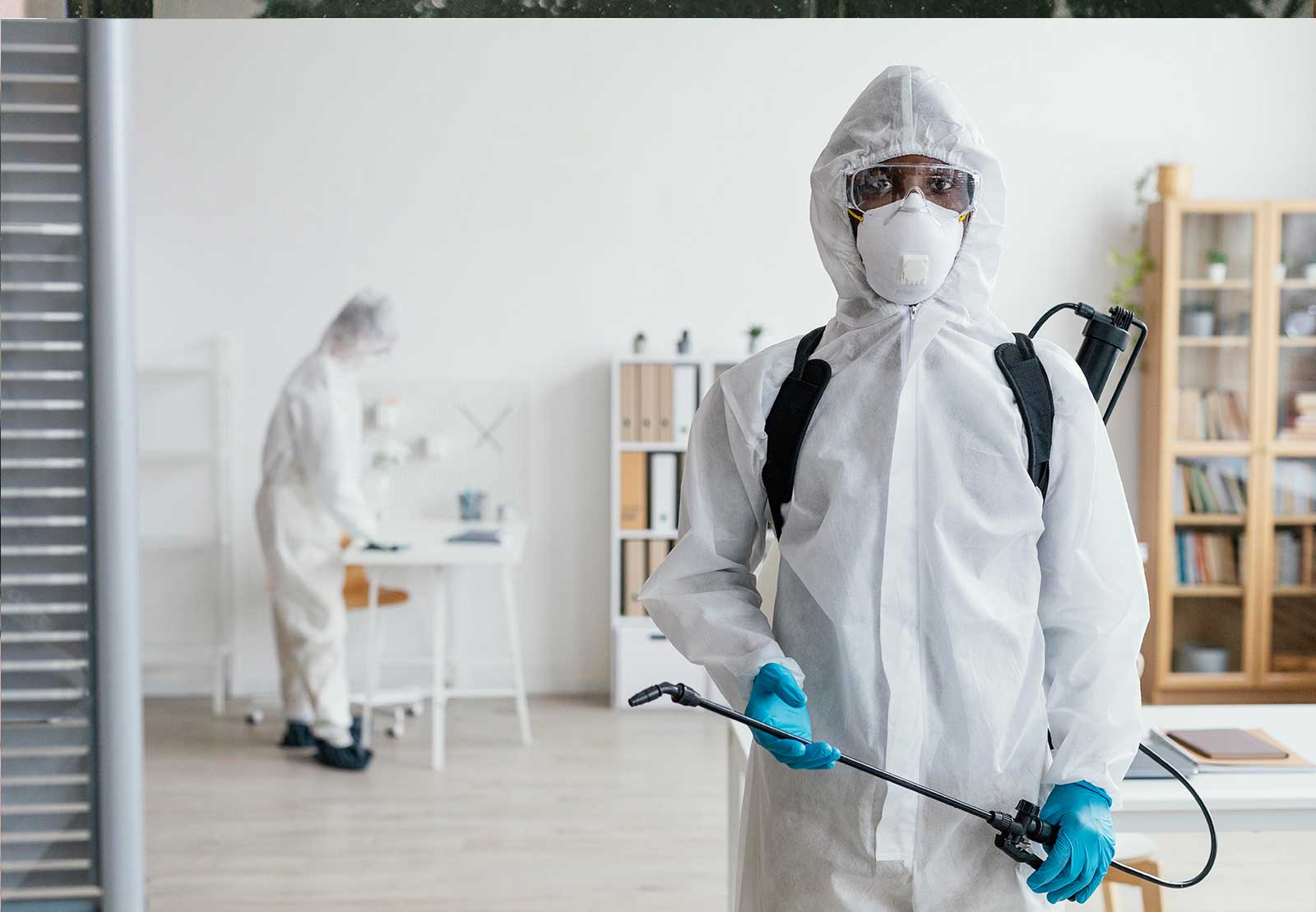The Benefits of Fumigation: Effective Pest Control and More
Pest infestations can pose significant risks to health, property, and the environment. One of the most requested services we get is fumigation; a process that involves the use of chemicals to eliminate pests or harmful microorganisms by completely filling an area with gaseous pesticides (fumigants) to suffocate or poison the pests within. If you are conflicted about whether or not to fumigate your property, read about the benefits below:
- Comprehensive Pest Control: Fumigation can penetrate deep into structures or commodities, reaching areas where pests may be hiding, such as crevices, voids, or hidden spaces that may not be easily accessible by other pest control methods. This makes fumigation highly effective for eradicating a wide range of pests, including insects, rodents, and termites, that may be causing damage or posing health risks.
- High Efficacy: The chemicals used in fumigation are specifically designed to target and kill pests, and they are highly effective in eradicating pest infestations. Fumigation can eliminate pests at all stages of their life cycle, from eggs to adults, ensuring complete eradication and preventing re-infestation.
- Versatility: Fumigation can be used in a variety of settings, making it a versatile pest control method. It can be applied in residential, commercial, industrial, and agricultural settings, as well as in transportation containers and other confined spaces. What we at Parapet Limited do, is to customise your fumigation service to suit your specific needs and different infestation situation.
- Quick Results: Fumigation can provide rapid results in controlling pests. Once the fumigation process is completed and the appropriate ventilation and aeration procedures are followed, the area or commodities can be safely reoccupied or used. This allows for minimal disruption to normal activities and reduces downtime associated with pest control measures.
- Structural Preservation: Fumigation can help protect the integrity of structures by eradicating wood-destroying pests, such as termites and powderpost beetles. These pests can cause significant damage to wooden structures and furniture, leading to costly repairs or replacements. Fumigation can effectively eliminate these pests, preventing further damage and preserving the structural integrity of the affected items.
- Quarantine and Disease Control: Fumigation plays a crucial role in preventing the spread of pests or diseases in agricultural and commercial settings. It can be used to treat commodities, such as wooden pallets or packaging materials, to prevent the spread of invasive insects or diseases that can harm crops or disrupt trade. Fumigation can help protect agricultural produce, reduce the risk of disease transmission, and safeguard economic interests.
- Health and Safety: Fumigation can contribute to improved health and safety by eliminating pests that pose risks to humans or animals. For example, fumigation can control disease-carrying insects like mosquitoes, which can spread diseases such as dengue, malaria, or Zika. Fumigation can also eliminate pests that cause respiratory problems, such as mould or certain types of insects that produce allergens, leading to a healthier living or working environment.
- Environmental Friendliness: While fumigation involves the use of chemicals, you will find that our modern, professional fumigation techniques and products are designed to be safe for the environment. Fumigation can be a targeted and localised method of pest control, reducing the need for widespread application of pesticides.
It is important to note that fumigation involves the use of potentially hazardous chemicals, and should only be carried out by trained and licensed professionals following all applicable laws, regulations, and safety guidelines. The decision to fumigate should be based on a thorough assessment of the situation by qualified experts, taking into consideration the potential risks, benefits, and alternatives.



